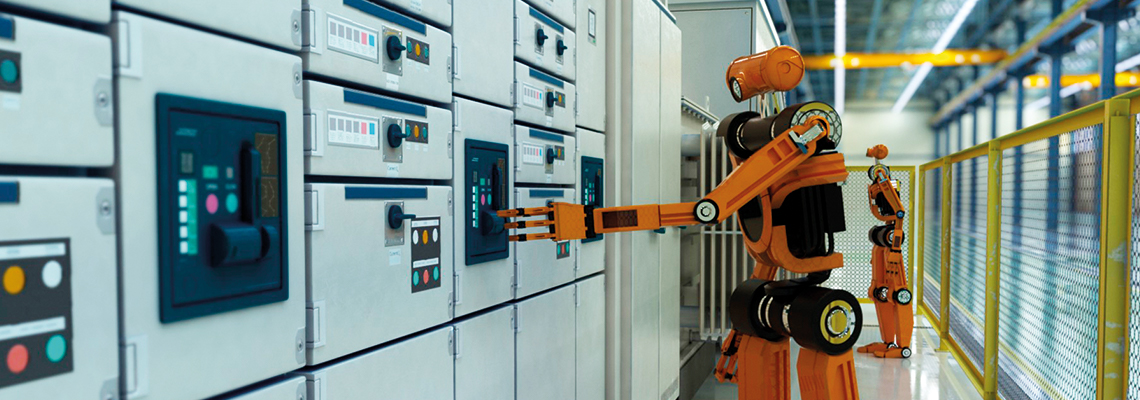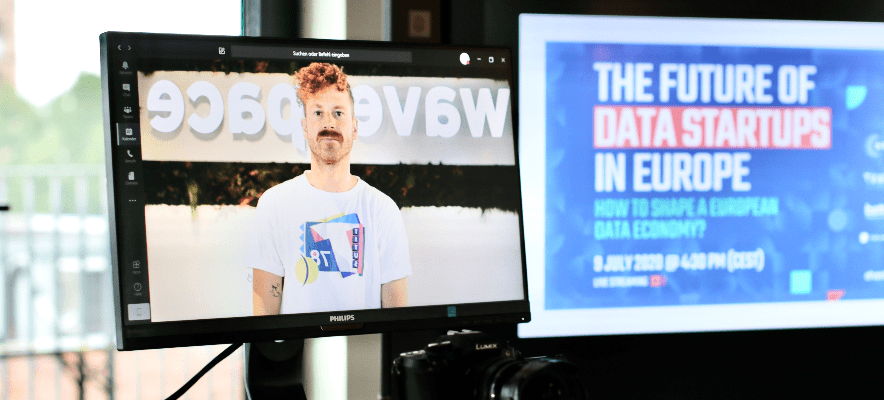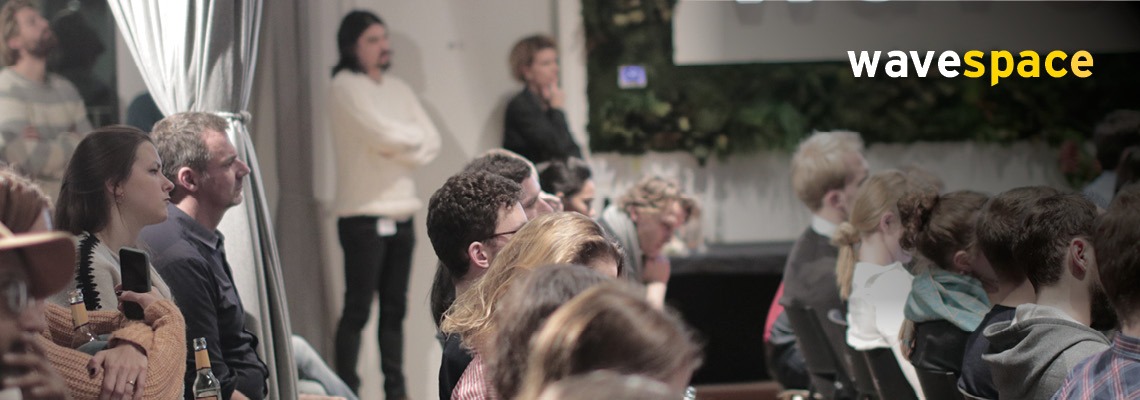What will the working world of the future look like?
31. January 2018
The way we are going to work in the future will change fundamentally. Politicians, the business community, the media and academia all agree on this. However, how quickly this change – due to new digital technologies – takes place, what it means for people and, above all, how it can be shaped in a reasonable way, is the subject of heated debate. We at etventure want to be actively involved in this debate. Above all, however, we want to answer the question of how we want to work in the future and why. We start with a position finding.
Take a step back! It’s about the “why?”
While the trade unions are still vehemently opposed to a (further) flexibilisation of work, corporate leaders are taking off their ties in the spirit of a modern corporate culture, offices are being transformed into “workspaces” and futurologists at the same time are predicting the end of gainful employment as such, one wonders: Where exactly is the starting point of this debate?
So let’s take a step back and look at the big picture. This does not begin with the question of how we will work in the future or which activities we will carry out, but with the “why?
- Why does the economy need human resources when robots are cheaper and more reliable?
- Why does politics need human resources when overall prosperity is not dependent on full-time employment?
- And why do we, as a society, need human labour if not for the purpose of survival?
So before discussing whether 40 hours or rather 20 hours is an appropriate working week, one should be aware of what is at the heart of the debate and what the real dimension is. We are facing radical change. This is the end of the work as we know it – but no cause for panic. Because it is a change that we shape ourselves.
What is important is that the answers to these questions can only be answered jointly by politics, business and society in a macro perspective. At the same time, each and every one of us must ask ourselves the question of meaning and clarify why we actually work.
Wanted: Creativity, Innovation, Leadership
Looking at the question of “what?”, i. e. which activities will determine the future of work, it becomes clear: thanks to automation, artificial intelligence, smart data and so on, many tasks that are still performed by people today can be taken over by machines in the future. For example, Microsoft and Alibaba recently had their AI models tested in Stanford University’s reading test – and for the first time both performed better than humans. Thus, if in the future the purely performing tasks will be carried out by robots and algorithms, human work will be defined primarily by skills such as management, leadership, creativity and the ability to innovate. Requirements that were previously directed primarily at managers will in future apply to everyone.
The world of work 4.0 does not only mean that employees need further training and digital know-how. Digitisation shifts the general spectrum of human requirements – away from technical skills and pure knowledge, which is much easier to access thanks to digital tools anyway, and towards the creative. Skills that are classified today as “soft skills” are the “hard skills” of the working world of the future.
Digitisation is just one driver
Only at the end – when the questions for “Why?” and “What?” have been answered – is it about the “How?”. Nevertheless, this aspect determines the public discussion and is all too often lost in the detail. Flexible working hours and home office, agile forms of collaboration and interdisciplinary teams, open workspaces and desk sharing, digital communication tools. These are all aspects that are already being introduced and implemented in some companies today in order to take into account the new requirements for human work in the digital age. However, digitisation is not the only driver of this development.
The desire for more flexibility, openness and transparency, for a better compatibility of work and family life and, above all, for meaningfulness, is decisively influenced by the young generation of employees, Gen Y or the so-called millenials. It is no coincidence that the working world of the future is shaped by those who are mainly affected by it. However, general social trends such as increasing individualisation, the increasing importance of sustainability, globalisation and mobility also have an impact on our understanding of modern work.
The work of the future in self-experimentation
We at etventure also want to play a part in shaping the transition to the world of work 4.0 and are starting with ourselves, in line with the motto “Practice what you preach”. We have put together an interdisciplinary team of curious people, a special task force, so to speak. Our aim is to find answers to open questions, to test innovative ways of working and to develop concrete solutions for our customers. If you want to follow our work, you can read about what we are doing in our journal. More insights will follow here in the blog. Stay tuned!
by Doris Bärtle and Gregor Ilg





* Required field